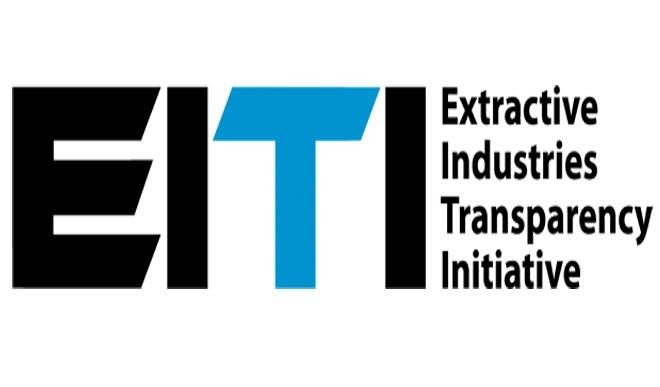The military takeover in Niger Republic could disrupt the ongoing validation process in the country’s extractive industry, Board Chair of the global Extractive Industries Transparency Initiative (EITI), Helen Clark, has warned.
On Friday Clark was reacting to the coup by members of the Presidential guard which held captive President Mohamed Bazoum after a blockaded of his residence and key adjoining. ministries in the capital city Niamey.
Despite global outrage and condemnations by the African Union, the United Nations, the European Union, the Economic Community of West African States (ECOWAS) and the United States, the coup plotters have refused to set President Bazoum free.
Clark said in her statement that the global body stood with the regional and international leaders in condemning the military takeover and the detention of the country’s President, amid rising inflation and escalating cost of living in the country’s economy.
The EITI Board Chair said the military intervention was following a concerning trend in the ECOWAS region, where increasing instability was constituting a threat to the fragile democratic institutions and progress on accountable governance, particularly in the management of natural resources.
Niger is known to be a significant producer of uranium, gold and crude oil, with nearly 50 percent of its total export revenues in 2020 derived from the sector combined.
As a member of the EITI, Clark said Niger has been making significant strides in promoting transparency and accountability in its extractive sector.
At the end of 2022, she said the country published its second EITI Report since rejoining the EITI in 2020, as well as thematic studies on artisanal and small scale mining, subnational transfers, and beneficial ownership.
The EITI Chair expressed concern that the current military coup was capable of hindering the progress in EITI implementation in the country.
“Niger is currently undergoing Validation, which assesses progress in meeting the EITI Standard. This process relies on the commitment and active involvement of the government, civil society, and companies to be effective. A military takeover now poses challenges in maintaining momentum towards greater transparency and accountability in the country’s extractive industries and will impede progress with Validation,” Clark lamented.
Reminding the coupists of the dire implications of their assumption of power through illegal means, Clark pointed out that the EITI required effective multi-stakeholder oversight, including a functioning multi-stakeholder group with participation from the government, companies, and civil society to realise its objective.
To sustain the transparency and accountability process in the country’s extractive industry, the EITI Chair called for the immediate restoration of civilian rule, supported by inclusive governance and the safeguarding of civic space.
She said these measures were essential to uphold the principles of transparency and accountability which the EITI stands for.




